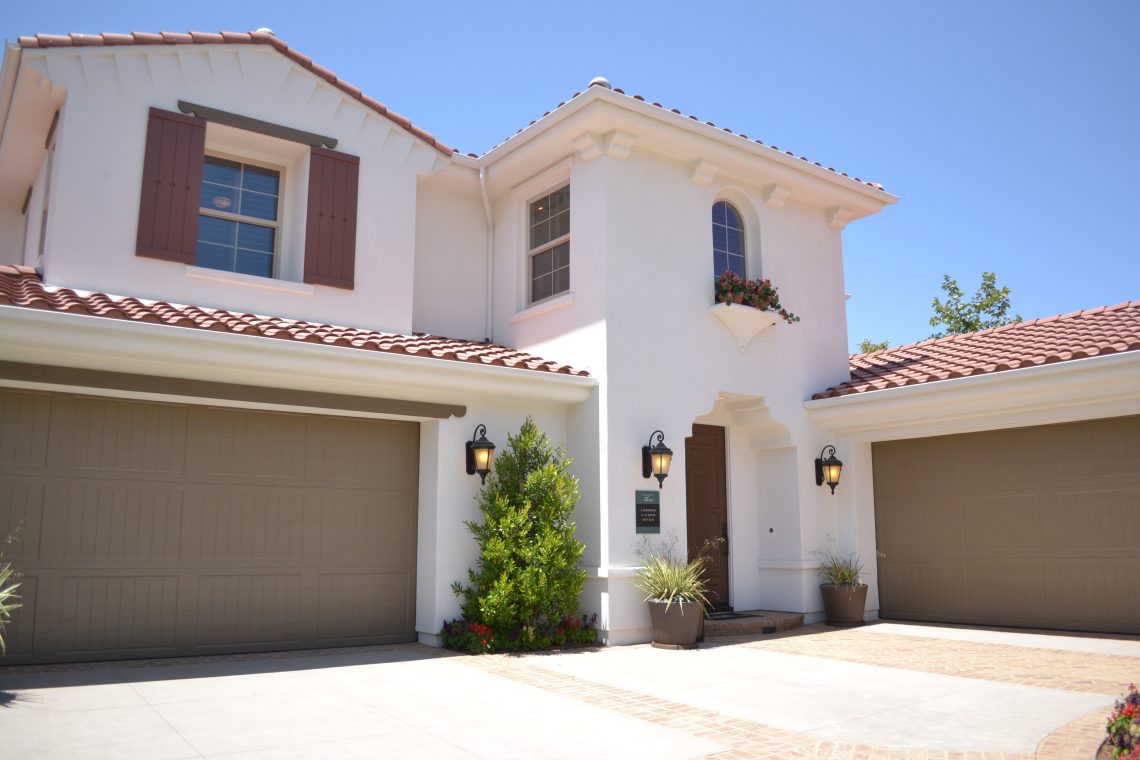
What information is required for a homeowners insurance quote?
Getting a homeowners insurance quote requires detailed information to ensure accurate coverage and pricing.
Insurers use this information to assess the risk of insuring a property, influencing the premium amount and coverage options. Here’s a breakdown of the critical information you should be ready to share, along with some examples of how these details can impact your coverage and pricing:
Property Details
Location: The property address is critical. Insurers assess risks like crime rates, natural disaster zones (flood, wildfire, earthquake), and proximity to emergency services (fire stations, hydrants).
Home Structure: You’ll need to specify the year the home was built, the total square footage, and the number of floors. This helps insurers understand the building’s age and layout.
Construction Details: Materials used in the walls, roof, and floors (brick, wood, stucco, etc.) matter because some are more resilient than others. Roof type and age are essential, as they affect vulnerability to weather damage.
Home Renovations: If you’ve made recent upgrades (e.g., a new roof, kitchen remodel, or additions), insurers should know, as these can increase home value and may impact the risk level.
Personal Details
Primary Use and Occupancy: Specify whether the home is your primary residence, a secondary home, or a rental property. Vacation homes and rental properties may have different coverage needs due to the frequency and type of occupancy.
Number of Occupants: The number of people living in the house, including children or those who are older, can influence risks like liability exposure.
Pets: If you own pets, particularly certain dog breeds, some insurers may consider this an additional liability. It’s essential to disclose this information to avoid coverage issues later.
Home Value and Contents
Understanding the home’s Value: It’s crucial to know the replacement cost of your home, which is the estimated amount it would take to rebuild it entirely, not its market value. This figure includes material and labor costs for a similar rebuild, providing a clear understanding of your financial security during a disaster.
Personal Belongings: Provide an estimate of the value of your items inside the home. Many policies offer coverage for belongings, so understanding the total value helps determine coverage limits.
Special Items: High-value items like jewelry, art, or collectibles often require extra coverage (called riders), so list any such items and their estimated values.
Safety and Security Features
Alarms and Security Systems: If you have smoke detectors, burglar alarms, deadbolt locks, or surveillance cameras, mention these to reduce premiums potentially.
Fire Protection: Sprinkler systems, fire extinguishers, and smoke alarms all contribute to lowering risk. Proximity to a fire hydrant or fire station can also influence costs.
Natural Disaster Protection: If the Oregon home has special reinforcements for earthquakes, floods, or other natural disasters, let your insurer know. For example, houses with reinforced roofs or storm shutters are less risky.
Claims and Credit History
Previous Claims: Insurers typically ask about past claims on the property or any properties you’ve owned. A history of frequent claims can indicate higher risk and impact premiums.
Understanding credit Score’s Impact: Your credit score can play a significant role in determining your premiums. Insurers often use credit scores as part of their risk assessment, as lower scores statistically correlate with more frequent claims. By understanding this, you can improve your score and potentially lower your premiums, giving you control over your insurance costs.
Coverage Needs
Liability Coverage: Consider how much liability coverage you need, particularly if your property has potentially hazardous features like pools or trampolines.
Additional Living Expenses: This coverage pays for temporary accommodations if your home is uninhabitable due to a covered loss. Consider your family’s needs in such scenarios to determine the correct limit.
By having these details readily available and organized, you can streamline the quote process and ensure you receive a homeowners insurance policy that meets your needs at a fair price. Consider using a checklist or spreadsheet to gather and organize this information before you start the quoting process.
Get A Homeowners Insurance Quote
For an affordable homeowners insurance quote, contact us today by calling (541) 318-8835 or click here to connect with us online.




